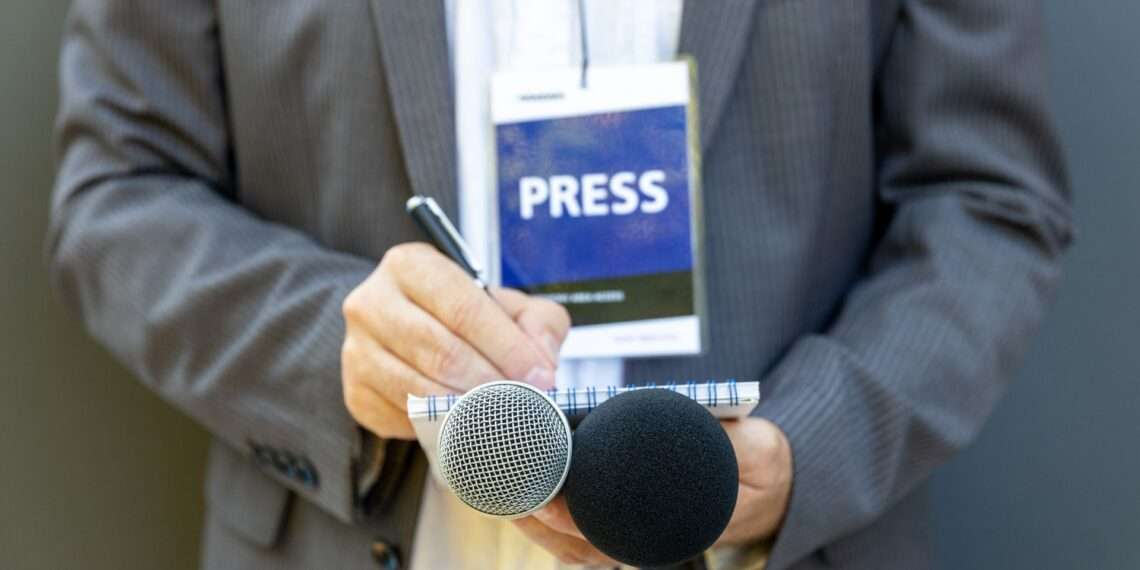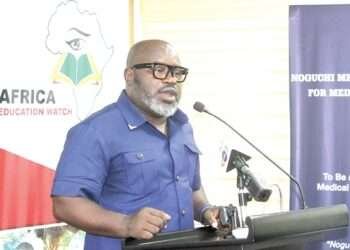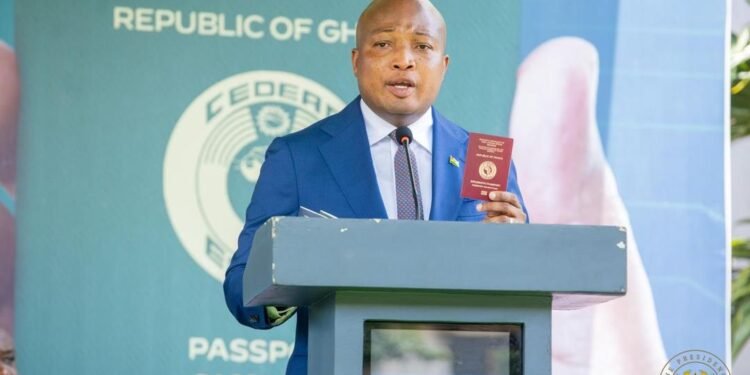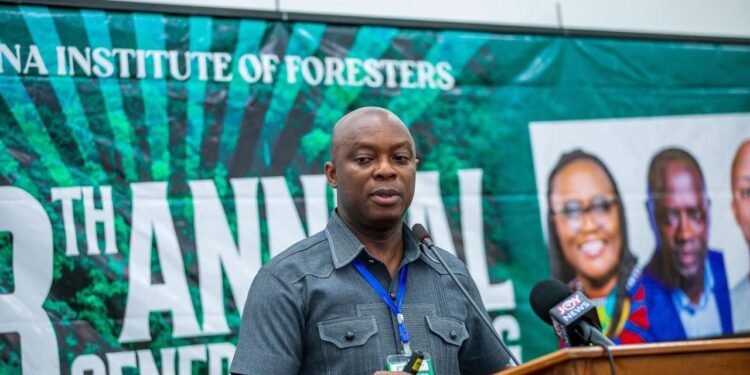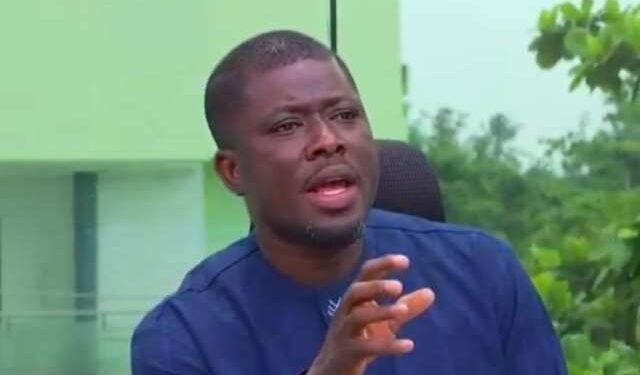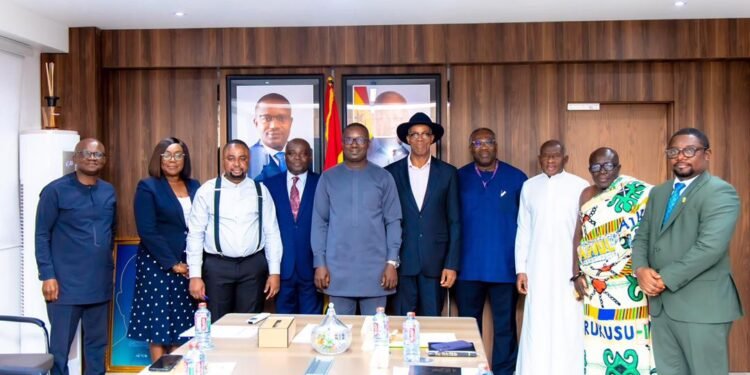In the realm of journalism, the concept of neutrality has been a subject of intense debate, particularly in the context of Ghana’s media landscape. Neutrality, often defined as the absence of bias or partisanship, is a cornerstone of journalistic ethics, aiming to provide balanced and unbiased reporting.
Journalism plays a pivotal role in shaping public opinion and fostering a well-informed society. Objective reporting is the cornerstone of ethical journalism, as it strives to present information without bias or personal opinion. However, achieving complete neutrality is a challenging task, and it can have significant effects on the quality of reporting in Ghana.
Bridget Otoo a Ghanaian broadcast journalist and news presenter has questioned the idea of Journalists being neutral and afraid to take a stand.
“How can we be neutral in moments of oppression? A 15-year-old boy was killed at Karaga Palace by the military. Do I need to get the military side to state that it was wrong for them to go there, to invade the palace and kill a 15-year-old boy because there’s a chieftaincy issue? Why were they there in the first place?”
Bridget Otoo, Ghanaian broadcast journalist and news presenter
The broadcast journalist noted that if journalists don’t have an understanding of what it is that it’s supposed to do, then it becomes victims of its work.
Maintaining complete neutrality in reporting can be a challenging task, as journalists are human beings with their own beliefs, values, and opinions. It is nearly impossible to completely detach oneself from personal biases, which can inadvertently seep into reporting. Recognizing and managing personal biases is a constant struggle for journalists.
Bridget Otoo emphasized that in Ghana, journalists are not doing journals, “it’s just an institution of announcement.”
“A vice President says we’ve created 2.1 million jobs and you can’t say it’s a lie, you just have to report it. And then another institution would come and say it is a lie, even though you can because there’s a sphere of reputations.”
Bridget Otoo, Ghanaian broadcast journalist and news presenter
Media owners in Ghana, exert pressure on journalists to suppress or overlook damaging stories through various means. Journalists working for these outlets are typically not allowed to be openly critical of people associated with the outlet or the owner. Media owners can silence journalists seen to be too critical, kill stories, and even exclude certain topics from its platform.
This environment encourages journalists to focus on sensational stories rather than engaging in critical reporting. Editors are pressured to tweak headlines and narratives and ignore scandalous stories involving close friends or allies of media owners. This situation often results in stories being reduced to ” he-said/She-said arguments,” where the public is not provided with reliable information and conclusive ‘truths’ because that would require exposing the allies of media owners.
Effects on Objective Reporting
However, Jeff Prudhomme, vice president of the Interactivity Foundation, highlighted the distinction between objectivity and neutrality in journalism. He argued that while objectivity focuses on truth-telling, neutrality can sometimes lead to a false sense of balance by presenting both sides of an argument without critically evaluating their merits. This approach can result in the propagation of false equivalencies and a lack of critical analysis, potentially undermining the public’s trust in the media.
Neutrality is crucial in maintaining the credibility and trust of journalism in Ghana. When journalists report objectively, they provide reliable information, which helps build trust between the media and the public. This trust is essential for a well-functioning democracy.
Objective reporting is crucial in Ghana, especially during elections or other sensitive political events. Neutrality enables journalists to provide a comprehensive view of different political parties’ policies and ideologies.
Kofi Asare, a media consumer, stated, “I rely on neutral reporting to understand the true state of affairs in Ghana. When journalists sensationalize news, it becomes difficult to differentiate between fact and fiction.”
While neutrality is a fundamental principle of journalism, achieving complete objectivity can be challenging due to various factors such as personal biases, external pressures, or financial constraints. However, journalists must strive to uphold these principles by following rigorous ethical guidelines and being transparent about their potential biases.
As the media landscape evolves, journalists, media organizations, and the public need to engage in continuous dialogue on the importance of neutrality, ethical reporting, and the challenges faced in maintaining objectivity.
READ ALSO: Ghanaians Advised To Use Appropriate Language During Election

